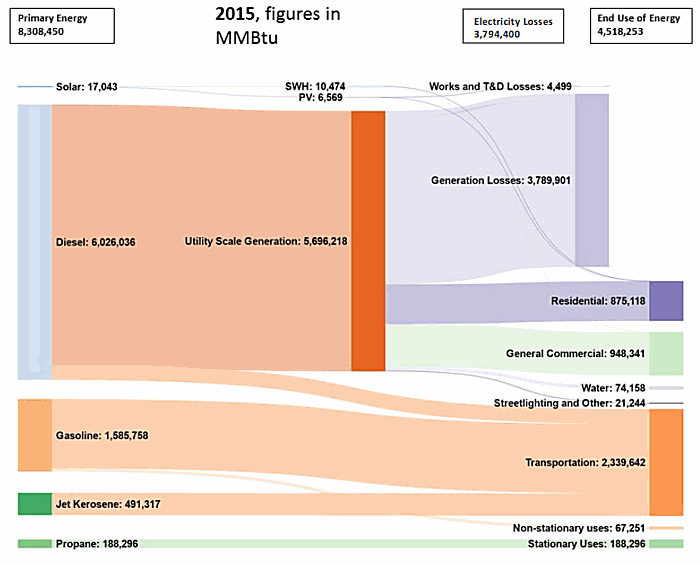
Cayman Islands Celebrates First Utility Scale Solar Power Project
While it may not be huge project by some standards, the official commissioning of the first solar farm in the Cayman Islands has been called a historic event.
Earlier this week, the 5MW Bodden Town Solar Farm was symbolically switched on (it had been operating for a few weeks) by Caribbean Utilities Company (CUC) chairman Richard Hew .
The installation will generate enough electricity for 800 homes and substantially reduce diesel fuel consumption.
“Diesel generation has served us extremely well and will continue to serve us in the future,” said Mr. Hew. “However, I believe what we see here in Bodden Town today is a watershed event and I anticipate that going forward we will see the rapid adoption of renewable energy and the diminished reliance on fossil fuels to generate electricity.”
Things didn’t go quite according to plan in the construction of the facility, but the lessons learned will help accelerate development of future projects.
CUC commenced operations as the only public electric utility in Grand Cayman in 1966 and currently has an installed generating capacity of 161 megawatts. The company provides electricity supply to more than 28,000 customers.
Cayman Islands Renewable Energy Target
In its National Energy Policy 2017 – 2037 (PDF), the Cayman Islands government has set a target of 70% of total electricity generation to come from renewable sources by 2037. There’s a big job ahead as the only non-oil energy source in the Cayman Islands is a small amount of solar power; well, now a little more with Bodden Town Solar Farm online. In 2015, renewable energy accounted for only 0.9% of electricity generation.
By 2037, the government hopes 62% of electricity generation will come from utility scale solar PV, and 2% from distributed PV. Wind power will contribute 3%, waste to energy 3% and diesel generators 30%.
The Caymans, like other island nations such as the Maldives, are particularly vulnerable to the effects of climate change – primarily the threat posed by rising sea levels. The islands lie mostly close to sea level and as this rises it will result in beach
erosion and the widespread destruction of mangroves; making the coastline even more vulnerable to flooding.
Alden McLaughlin, Premier of the Cayman Islands, says it is important the Caymans does its part in the climate change battle, stating “.. in doing so we, as a country and individually, can also benefit economically from being less reliant on fossil fuels.”


 RSS - Posts
RSS - Posts



Speak Your Mind